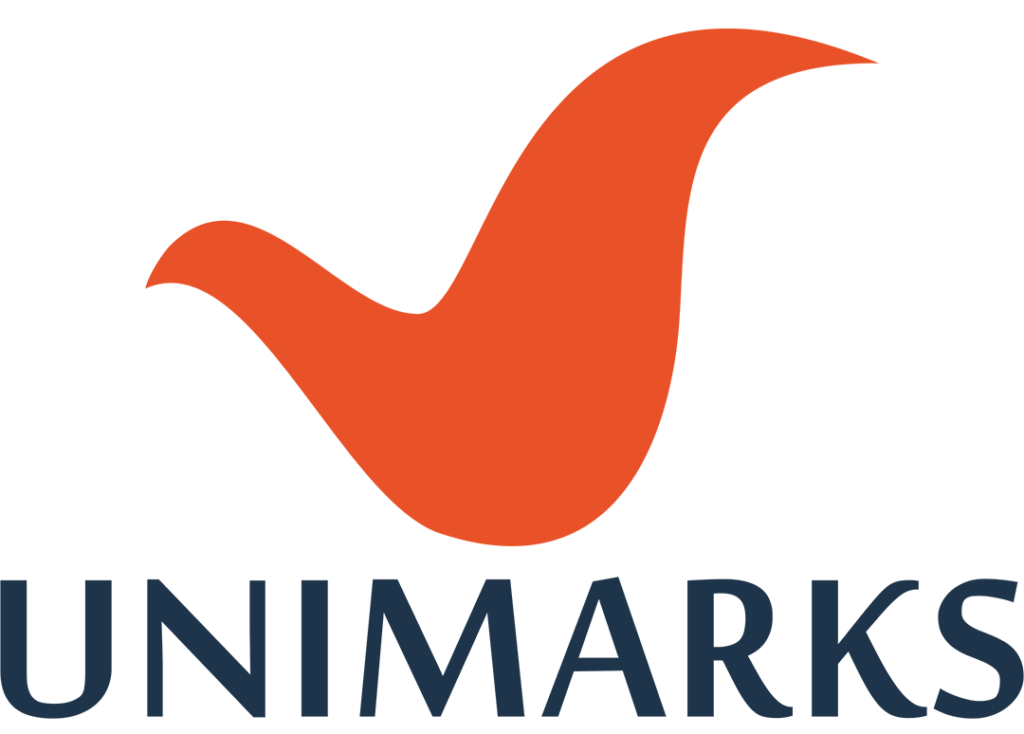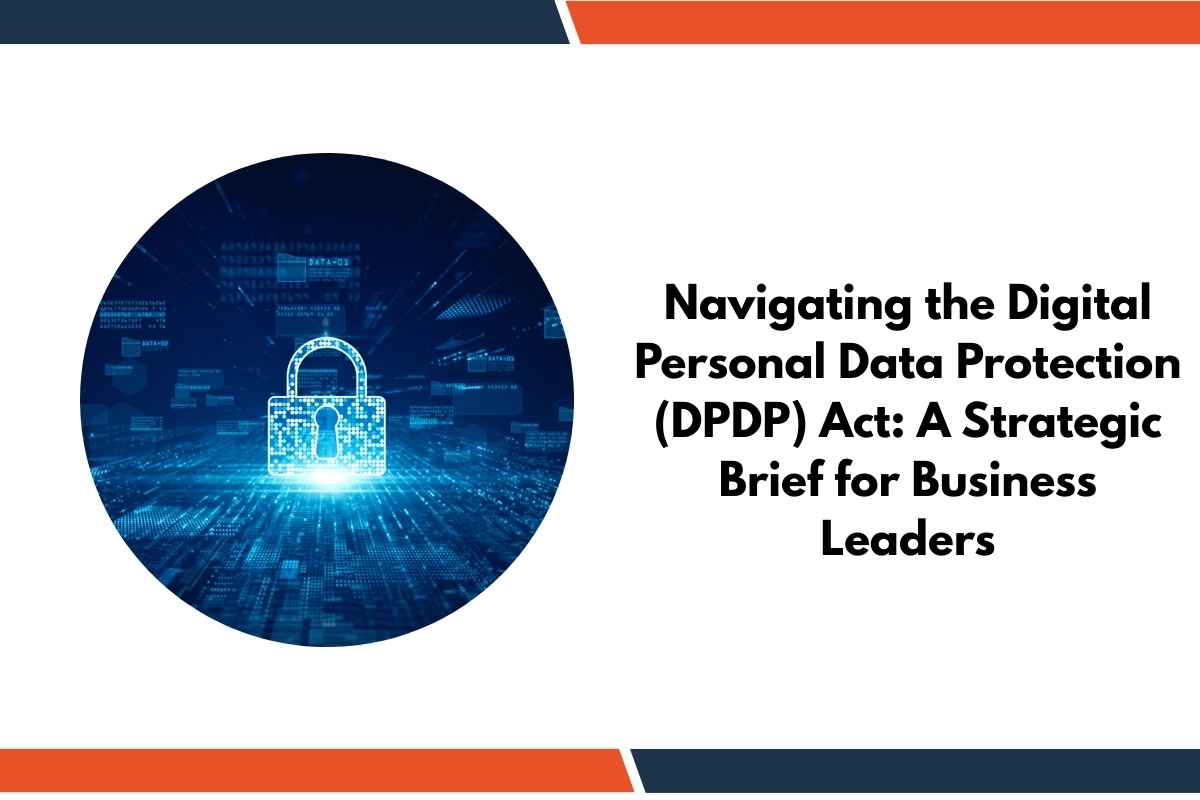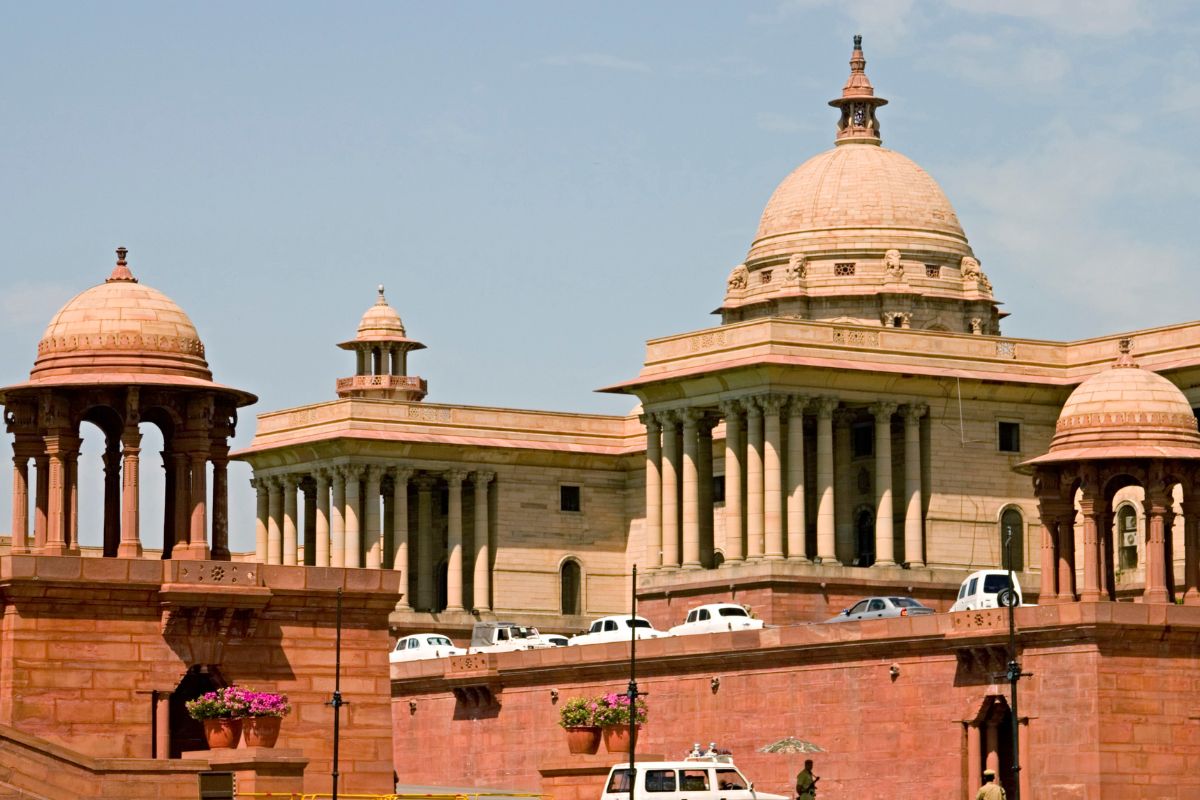What happens when a trademark is registered incorrectly or shouldn’t have been registered at all? And how can parties efficiently fight back when they are challenged? This is where two key legal processes come into play: rectification and counterclaims.Let’s review how the Madras High Court Handles Trademark Rectification and Counterclaims Navigating the world of law can often feel like a complex maze of rules and procedures in trademark.
The Madras High Court’s Intellectual Property (IP) Division has been at the forefront of developing pragmatic and efficient ways to handle these procedures. By focusing on fairness and cutting through red tape, the court is setting new standards for how IP cases are managed.
Let’s explore how the court is innovating in these critical areas.
Also Read : How the Madras High Court IP Division Is Redefining Trademark Law in India
What is Trademark Rectification?
Rectification is the legal process used to modify or cancel a trademark that’s already on the official register. Think of it as a way to “clean up” the trademark records to keep them accurate and fair.
A petition for rectification can be filed by any “aggrieved person”—someone directly affected by the trademark’s existence. Common reasons for filing for rectification include:
- Non-use: The trademark hasn’t been genuinely used in commerce for a specific statutory period.
- Errors: The mark was improperly registered in the first place, or there are other errors on the register.
Case Study: Media Monks vs. Patala Krishna
This case is a perfect example of rectification in action, especially for international businesses.
- The Scenario: Media Monks, a global digital advertising company with a presence since 2001, challenged an Indian marketer who had registered the “Media Monk” mark locally in 2009.
- The Argument: Media Monks argued that their longstanding global prior use and reputation meant the local registration was done in bad faith. They pointed out that the respondent, being a digital marketer himself, must have known about their internationally recognized brand.
- The Ruling: The court agreed, finding the respondent’s explanation for adopting the mark “implausible”. It upheld the principle of global prior use, affirming that a foreign company’s established reputation can be a valid basis for canceling a local trademark if bad faith is proven. The court ordered the removal of the respondent’s marks from the register.
This decision is a critical win for international brands, confirming that their global reputation can protect them in India even if they weren’t the first to register locally.
Also Read : Pharma Trademarks & Public Health: The IMOX vs. INIMOX Verdict Explained
A Clever Workaround: Handling Counterclaims with Pragmatism
What happens when you’re sued for trademark infringement, but you believe the other party’s trademark is the one that’s invalid? You’d typically want to file a counterclaim. However, the Trademark Act and the Madras High Court IPD rules don’t explicitly provide for counterclaims within a rectification proceeding.
This procedural gap could force parties to file entirely new, separate petitions, wasting time and money. But the Madras High Court found a clever and efficient solution.
Case Study: The Solid Foundation of the Solidaire Case
- The Problem: In a trademark rectification dispute involving the mark “Solidaire,” a counterclaim was filed. Based on a strict reading of the law, this should not have been allowed.
- The Innovative Solution: Instead of simply rejecting the counterclaim, the court demonstrated remarkable judicial pragmatism. It allowed the counterclaim to be treated as a separate petition and simply assigned it a new original petition number.
- The Impact: This simple workaround avoids unnecessary procedural hurdles and delays. It ensures that all related issues between the parties can be heard efficiently, often in a consolidated manner, preventing conflicting decisions from different proceedings.
This approach highlights the court’s commitment to finding practical solutions that prioritize justice and efficiency over rigid procedural formalities.
Also Read : Can You Trademark a Common Word? A Deep Dive into the ‘STAR’ Battle
Conclusion
The Madras High Court’s IP Division is proving that legal procedures don’t have to be roadblocks to justice. Through its intelligent handling of trademark rectification and counterclaims, the court is not only resolving complex disputes but also actively streamlining the litigation process.
By upholding principles like global prior use in rectification cases and creating pragmatic solutions for procedural gaps with counterclaims, the court is fostering a legal environment that is fair, efficient, and responsive to the needs of modern businesses. This focus on judicial pragmatism ensures that the path to justice is as clear and straightforward as possible.
Also Read : Trademark Opposition Notice: Burden of Proof of Delivery- Madras High Court Landmark Judgement
If an IP dispute is impacting your revenue or brand in Chennai or anywhere in Tamil Nadu, don’t wait. Connect with Trademark Lawyers or Legal Consultants in Chennai to review your documents, stress-test your legal position, and outline clear, actionable options to enforce you trademark rights.
Author:
Suresh Kumar is an Advocate at the Madras High Court and Managing Attorney at Unimarks Legal Solutions, Chennai. Since 2008, he has focused on trademark enforcement and litigation across the Madras HC IP Division, Commercial Courts, and District Courts in Tamil Nadu.
Disclaimer: The content provided here for Information purpose only; it shall not be construed as a legal advice. Last reviewed: August 2025.





